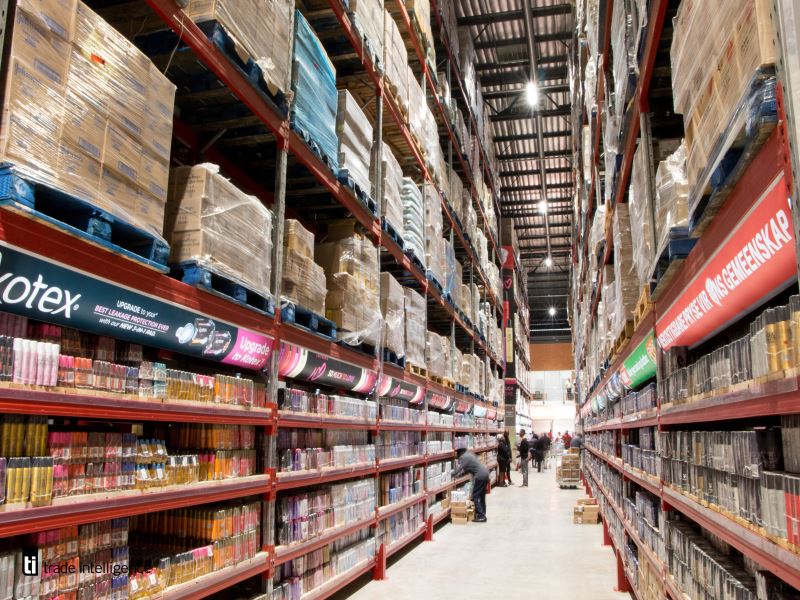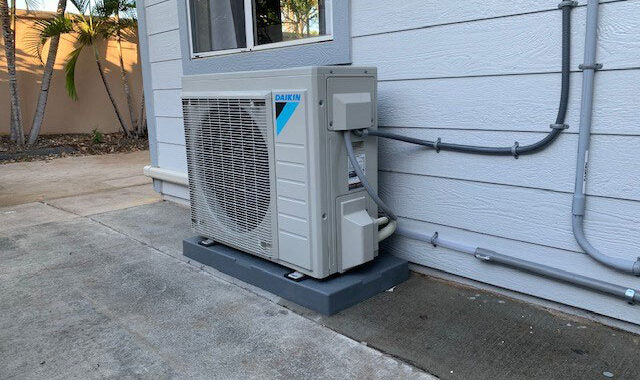
The wholesaler usually has arrangements with a few large distributor companies or works directly with the manufacturer. Sometimes for exclusive sales in a certain territory. The main point is that unlike a distributor, a wholesaler can provide a wide and interchangeable/supplementary range from different suppliers.
The main process of work of the wholesaler is to collect all this assortment at home, importing goods, storing them and working directly with companies that sell them further along the chain to the end user (consumer). The wholesaler can work with the end users himself, but usually they do not give more than 20% of the total turnover, and work with them is based on the residual principle.
It so happens that a wholesaler occupies the niche of an “intermediary”, taking most of the hemorrhoids along the chain of delivery of products to the consumer – which is what all the participants are interested in.
The key plus for the supplier is predictability and stable supply volumes. From the “last mile” horseradish – when and what they are ready to buy. This takes into account the fact that the period of preparation of goods can be a year and you need to know in advance for a year how much to produce products (buy materials, load capacity, etc.).
Also, the nuance is that retailers do not have the volumes that are interesting to the plant. Even if retail is large, the volumes of individual orders for the plant are still small – because the plant gives only one type of products. That is why the plant is often ready to work with retail, but only with a higher markup than a wholesaler – that is why retail prices and wholesale prices are divided.
For retailers, the wholesaler is access to a wide range of products from several manufacturers, the availability of the right volume of goods at an adequate price, the availability of goods for purchase “here and now”, the goods are sold by customs clearance. Often the wholesaler gives a delay of payment.
Features of the wholesaler’s work are derived from these components:
Assortment is an assortment
The wholesaler works with a wide range of goods of various suppliers. A particular case of “wholesaler” – these are vendors, distributors and dealers who can work on a limited range. The difference is that the wholesaler does not have exclusive distribution contracts from the manufacturer, and can work as an intermediary between the distributor and retailer. By our experience, at the average wholesaler the assortment matrix begins from 5000 positions.
Volumes
The wholesaler works in large volumes and only on large volumes of goods flow. If a wholesaler does not have volumes, it is a dead wholesaler. At low retail volumes, it will be easier to work directly with the factory, saving on the intermediary of the wholesaler.
Therefore, in this case, the wholesaler, as an intermediary, should try hard to justify the purpose of its participation in the supply chain, giving some additional value: logistics, customs, warehouse, assortment, postponement. Volumes are not only good and pleasant, but they are also big financial investments, which leads to a lot of other problems.

Logistics
Delivering closer to the point of consumption, storing goods to make them available “here and now” to customers, customs clearance. This is often the hell of a wholesaler and the biggest cost point. You need to have (literally and figuratively) customs officers, transporters, a warehouse closer to the point of purchase (which is very expensive to maintain), staff who will do so in a way that it works (and not steal).
And the warehouse should have potentially large volumes with the reserve, as the wholesaler should keep a wide range of products and have insurance stock in case of interruptions in supplies.
It is even more interesting if the wholesaler’s product has a pronounced seasonality, when in the high season there is not enough space, and the low season warehouses are half-empty. Therefore, they try to choose the range of products in such a way as to level out seasonality in consumption.
Turnover is the turnover of goods
If the wholesaler has large volumes and low turnover of goods – the wholesaler needs to have a giant warehouse and endless financial leverage. The faster the product turns around, the faster and more the wholesaler earns (it only works on the fast turnover of goods).
Ideal spherical wholesaler from the Chamber of Weights and Measures – the goods are sold directly from the factory, delivering it directly to customers, without storing the goods in the warehouse. Any brakes in the process of goods turnover are the money pulled out of the turnover.
Because if the wholesaler bought the goods and didn’t sell them, then, firstly, every day he spends resources on their storage (storage space, accounting, personnel), and secondly, he withdrew money from the turnover into the lying goods, which, with limited leverage, means that he can’t buy new goods for another “turnover”.
Here comes the problem of illiquids – when the goods withdrawn from circulation remain a dead weight. Given the cost of storing it, it is easier to give it to someone than to keep it for yourself.
Planning
A major problem for wholesalers (as well as for any other participants in economic activity) is limited resources. Large assortment of products, with large flows of goods, can make large profits. But to do this, you need to have a large financial leverage, which, of course, no one else has.
That is why it is necessary to narrow down the field of activity of the company, concentrating on a limited assortment and a certain market share. The choice of assortment is, strange as it may seem, not only an opportunity to sell it, but also an opportunity to buy it.
Loans – loans and payment deferrals
The whole scheme does not work if the wholesaler has no available leverage. Since the moment of purchase of goods and the moment of sale of goods has a large time lag, the company needs a loan to have working capital for the purchase of goods. To get it, the company needs to prove that it will be able to sell this product at the planned time.
Why do wholesalers have to die?
With the growth of automation of work with clients and simplification of logistics, taking into account the peculiarities of work of wholesalers – the work of intermediaries will be more and more taken over by the manufacturer. The fact is that the manufacturer has already established and adjusted the mechanisms of supply and logistics, the manufacturer has access to a wide market and to capital. And this is one of the other advantages.


 The Psychology of Branding
The Psychology of Branding  Nosboss Cream Chargers for Melbourne Customers
Nosboss Cream Chargers for Melbourne Customers  How to Use Your Air Conditioner
How to Use Your Air Conditioner  Yemeni Language in Preserving Cultural Heritage
Yemeni Language in Preserving Cultural Heritage